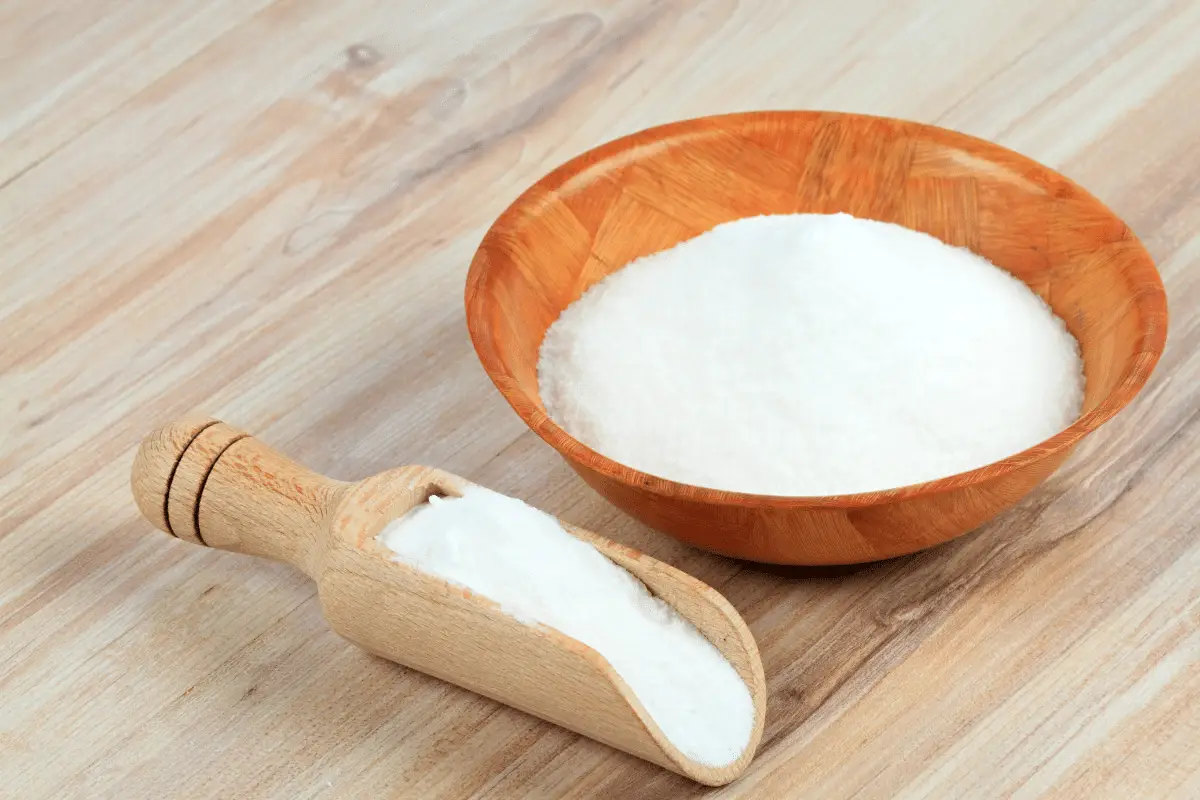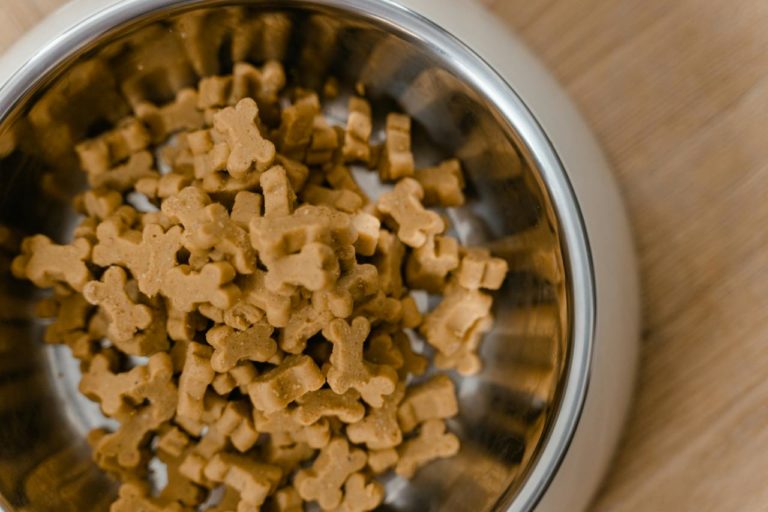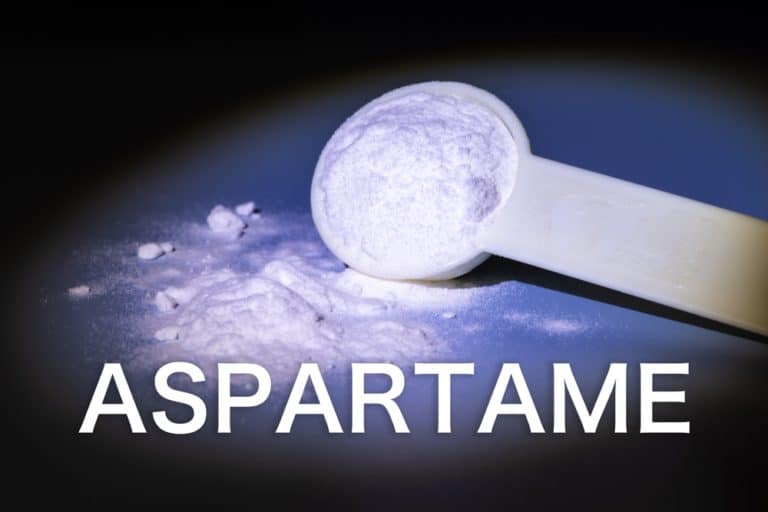According to the American Autoimmune Related Diseases Association (AARDA), over 50 million Americans are affected by autoimmune diseases daily, making them a significant health concern in the United States alone.[1] The battle against autoimmune diseases can be relentless, causing chronic inflammation and a host of debilitating symptoms. However, an expected hero has emerged from the kitchen cupboard: baking soda!
This article will uncover how a simple sip of baking soda may hold the key to soothing autoimmune disease. As you read on, not only will we explore ways to deal with these conditions, but I will also share my own prescription of invaluable lifestyle and supplementation tips that can be seamlessly incorporated into your life.
Understanding Autoimmune Diseases
Autoimmune diseases are conditions in which the immune system mistakenly attacks healthy cells and tissues in the body. These diseases can affect various organs and systems, leading to chronic inflammation and damage.
Examples of autoimmune diseases include rheumatoid arthritis, lupus, multiple sclerosis, type 1 diabetes, and celiac disease.
Common Symptoms of Autoimmune Diseases:
- Fatigue and general malaise
- Joint pain, swelling, and stiffness
- Muscle weakness or pain
- Skin rashes or lesions
- Digestive issues such as abdominal pain, diarrhea, or constipation
- Recurrent fever
- Hair loss
- Unexplained weight loss or gain
- Sensitivity to cold or heat
- Changes in mood or cognitive function
- Irregular menstrual cycles
- Numbness or tingling in the extremities

Could Baking Soda Be the Solution for Autoimmune Diseases?
While numerous treatments exist, researchers are constantly exploring new possibilities for managing these conditions more effectively.
A study published in The Journal of Immunology uncovered promising findings that suggest drinking a solution of baking soda, or sodium bicarbonate, could serve as a valuable aid in combating autoimmune diseases such as arthritis. [2]
Mesothelial cells, which line internal organs and cavities, are crucial in preventing tissue adhesion and possess other yet-to-be-explored functions. Augusta University researchers, led by Paul O’Connor, sought to investigate the impact of drinking a baking soda solution on these cells.
Through experiments conducted on both rats and healthy human participants, the team discovered that baking soda prompts the stomach to increase gastric acid production, aiding in faster and easier digestion. Additionally, it appears to signal mesothelial cells lining the spleen to remain calm, indicating the absence of any imminent threats. This communication prevents the activation of macrophages, the white blood cells responsible for clearing potentially harmful cellular waste, effectively averting harmful autoimmune responses.
The Shift From Inflammatory to Anti-inflammatory Responses
The study revealed that individuals who consumed the baking soda solution experienced a notable shift in immune cell activity within the spleen. Pro-inflammatory macrophages (M1) decreased in number, while the levels of anti-inflammatory cells (M2) increased.
These same cell types are also present in the blood and kidneys, where baking soda is commonly used to treat chronic kidney disease. This observation prompted researchers to further explore the mechanisms through which baking soda could enhance renal function.
By analyzing the effects of the solution on rat models of kidney disease as well as healthy rats, the team found a decrease in M1 cells and an increase in M2 cells in the kidneys. This remarkable shift provided evidence that baking soda could influence the inflammatory response at a cellular level.
Decoding the Signals: Mesothelial Cells as Key Mediators
While it was previously believed that signals responsible for the anti-inflammatory response traveled through the vagus nerve, the team’s experiments refuted this hypothesis. Cutting off the vagus nerve did not affect the behavior of mesothelial cells, indicating a more direct mode of communication between these cells and the organs they line.
The researchers discovered that when the spleen was moved, the mesothelial cells associated with it also displayed changes in behavior, resulting in the loss of signals that modulate the inflammatory response. Consequently, the team hypothesized that the cholinergic (acetylcholine) signals, known to mediate the anti-inflammatory response, originate directly from the mesothelial cells forming connections to the spleen.
These findings shed light on the mechanisms behind baking soda’s potential in managing autoimmune diseases, including arthritis, and encourage further research to optimize the therapeutic benefits of this readily available compound.
Before You Sip: Key Considerations Before Drinking Baking Soda
The general mixture for baking soda water is combining half a teaspoon of baking soda with half a glass of water.
While drinking baking soda may hold promise for combating autoimmune diseases, it is important to exercise caution and follow recommended guidelines. Consult with a healthcare professional to ensure optimal safety and effectiveness, particularly if you are uncertain about your sodium levels or are currently taking supplements or thyroid medication. Additionally, maintaining balanced levels of potassium, magnesium, and sodium is essential.
Here are some preventive measures and symptoms to be mindful of:
- Consult a healthcare professional before starting a baking soda regimen.
- Check sodium levels and ensure balance with potassium and magnesium.
- Avoid drinking baking soda if your blood is already alkaline.
- Do not exceed the recommended dosage.
- Pay attention to any adverse reactions, such as shortness of breath or racing heart, which may indicate overconsumption.
- Take baking soda on an empty stomach, preferably one hour before lunch or one hour after dinner.
- If you experience any persistent or worsening symptoms, seek medical advice.

My Personal RX on Fighting and Managing Autoimmune Diseases
Autoimmune diseases pose unique challenges, as the body’s immune system mistakenly attacks healthy tissues. As a healthcare professional, I stress the importance of a comprehensive approach that not only aims to mitigate symptoms but also addresses lifestyle factors that can influence immune function. Balancing immune response and maintaining overall health are crucial in managing autoimmune conditions effectively.
- Optimize Your Diet: Focus on a nutrient-rich diet that minimizes inflammation. Foods high in antioxidants, such as fruits and vegetables, and omega-3 fatty acids, found in fish and flax seeds, can be particularly beneficial. Avoid processed foods and excessive sugar, which can exacerbate inflammation.
- Incorporate Immune Support Supplements: These supplements can provide necessary nutrients that help modulate and support a balanced immune response. Ingredients like vitamin D, zinc, and selenium are often recommended for their immune-regulating properties.
- Regular Exercise: Engaging in regular, moderate exercise can help reduce inflammation and boost your overall health. Activities like walking, swimming, or yoga can be especially suitable, as they are less likely to put stress on sensitive joints.
- Manage Stress with ‘Calm the Chaos’ Techniques: Chronic stress can trigger or worsen autoimmune reactions. Utilize stress-reduction strategies such as mindfulness meditation, deep breathing exercises, or gentle yoga to help manage stress effectively.
- Adequate Sleep: Ensure you get enough restorative sleep, as sleep deprivation can aggravate autoimmune symptoms and impair immune function. Aim for 7-9 hours of quality sleep per night.
- Monitor and Adjust Your Plan: Keep regular appointments with your healthcare provider to monitor your condition and adjust your treatment plan as needed. This may include adjusting medications, supplements, or dietary recommendations based on how your body is responding.
- Educate Yourself and Communicate Openly: Stay informed about your condition and treatment options. Understanding your autoimmune disease can empower you to make informed decisions about your health. Additionally, openly communicate with your healthcare provider about any changes in symptoms or concerns you have.

Sources:
- Autoimmune facts – American Autoimmune Related Diseases Association (AARDA)
- Ray SC, Baban B, Tucker MA, et al. Oral NaHCO3 Activates a Splenic Anti-Inflammatory Pathway: Evidence That Cholinergic Signals Are Transmitted via Mesothelial Cells. J Immunol. 2018;200(10):3568-3586. doi:10.4049/jimmunol.1701605



















